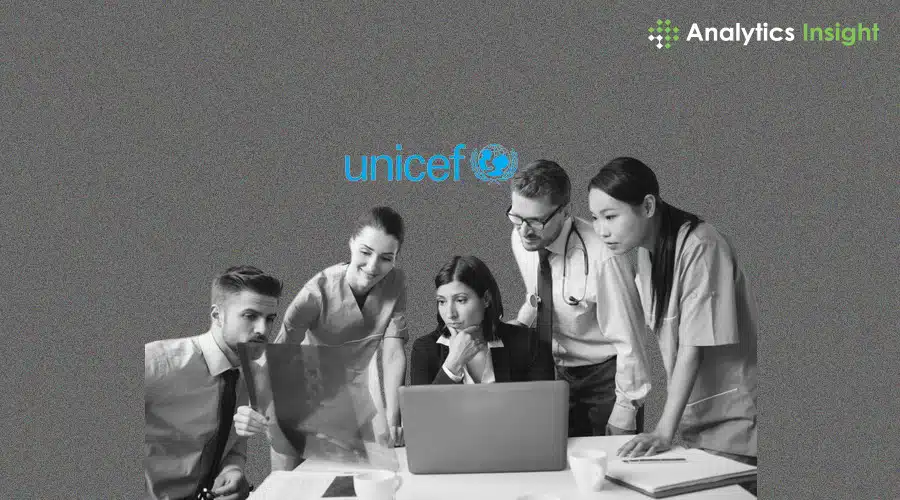The collaboration between UNICEF India, IIHMR Delhi, and IIT Bombay, a trio of renowned institutions, has marshaled a digital health course that has literally changed the face of healthcare management in India.
The aim of this online course, entitled ‘Digital Health Enterprise Planning Course’, is to alleviate the low literacy level of digital skills with regard to the healthcare industry and guide professionals to seamlessly maneuver in pervasive healthcare regimes.
This 10-week program, effective April 17, 2024, will have a wide array of healthcare providers, namely physicians, nurses, pharmacists, administrators, and other allied health workers, as beneficiaries. Thus, in implementing healthcare technologies, policymakers, information technology staff, and technologists involved in this automated process will be able to benefit from this effort.

https://www.analyticsinsight.net/wp-content/uploads/2024/03/UNICEF-IIHMR-IIT-Mumbai-Initiate-Digital-Health-Course.jpg
This resembles Unicef India’s sustainable participation through the Global Initiative on Digital Health (GIDH), served during India’s term presidency the previous year. The GIDH gears up for digital health service delivery, taking advantage of different modes of information and communication technologies to enable health systems to achieve the SDGs.
The importance of the course was highlighted by Cynthia McCaffrey, UNICEF India Representative, who spoke at the launch. “This program builds on India’s commitment to promote digital innovation in healthcare. By giving practitioners these cutting-edge skills, we can speed up progress towards reaching every last child and strengthening healthcare delivery across the country,” she said.
There is a wide range of subjects covered by this curriculum that has been designed to meet the increasing demand for digital health education. This will enable participants to understand how digitization and medical science are correlated, plan for digital health systems, integrate digital interventions, and efficiently implement digital health initiatives.
Prof. Sutapa B. Neogi, Director of IIHMR Delhi, stated: “Many healthcare professionals do not have adequate training to effectively utilize digital health tools.” “Through this course, they shall be equipped with these skills, thus enabling them to embrace the era of digitization and optimize healthcare services, particularly in underserved areas.”.
This learning comprises online modules blended with virtual lectures, interactive discussions, and practical workshops. In addition, experts in specific subjects as well as academicians will guide this process through case studies and group projects.
In the course of learning digital health from the induction, it shows the possibility of healthcare systems integrating well into the country’s healthcare system. This initiative is very likely to be able to make a healthier future for all without regard to the place where a person lives or his or her background because it helps staff improve their competence and familiarize themselves with the necessary information. This specific plan has put India on the path to a healthcare system that is focused on fairness and technology.

